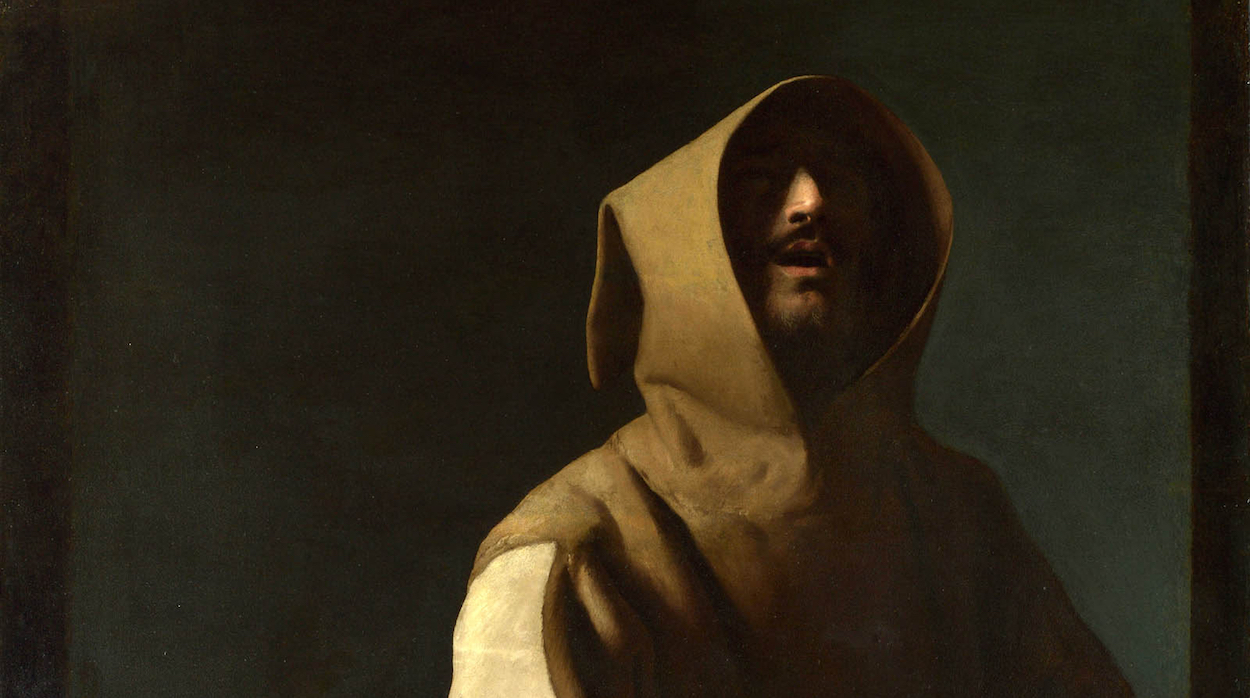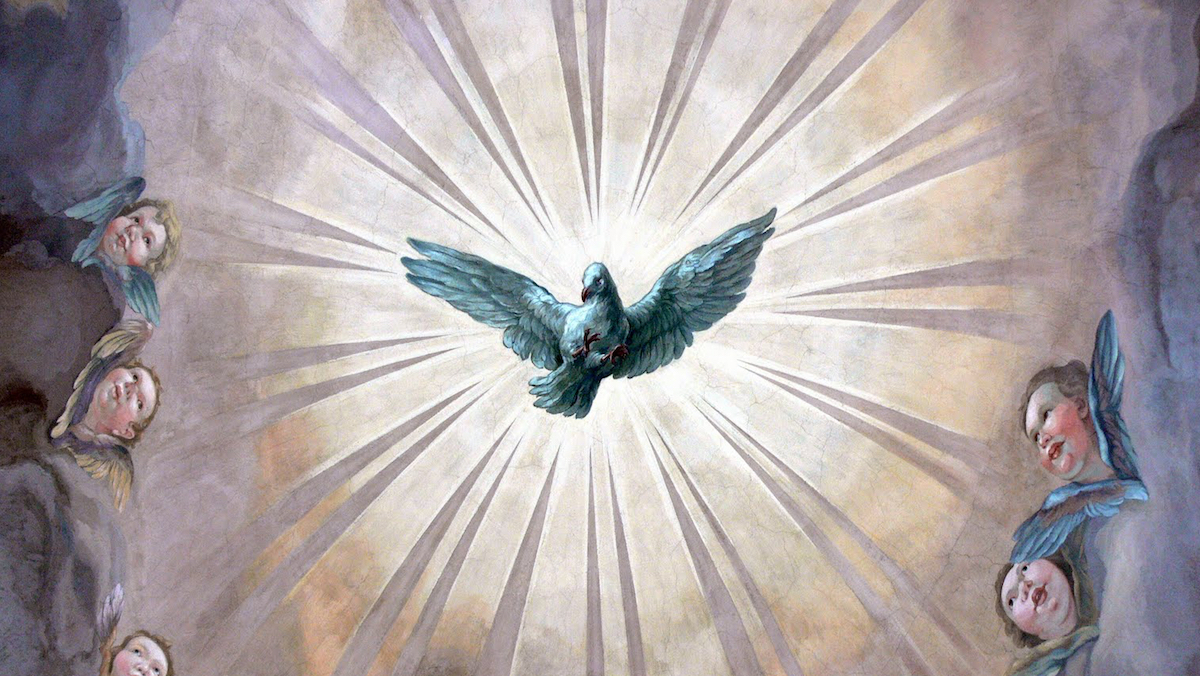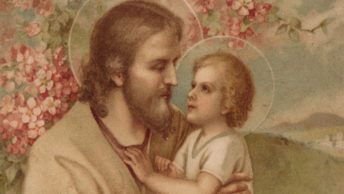Let us think about the number seven. God created the world in seven days, the Israelites were to cancel their debts and free their slaves every seventh year, Peter was told to forgive 77 times seven, and Naaman the Leper was told he would receive healing after bathing in the Jordan seven times. And in our modern days there are seven days of the week. The significance of the number seven abounds in the Bible and in our daily lives. We also find that there are seven gifts of the Holy Spirit: Understanding, Counsel, Fortitude, Knowledge, Piety, and Fear of God.
We receive the gifts of the Holy Spirit at our baptism and they are sealed to us in the Sacrament of Confirmation. Many of us could probably list off at least some of the gifts, but do we really understand how these gifts are working in our lives? Do we even think about these gifts at all or are they just seven words that we have memorized just like the days of the week? The Holy Spirit has given us these gifts, but because we are not robots or computers, the offering of the gifts does not cause drastic changes in our behavior nor are we perfectly able to use them at every challenge. As part of our life journey and our duty to “work out our salvation,” we have to actively utilize these gifts and grow them with God’s grace to their fullest potential.
So how do we do this? The first step is realizing that these gifts do not exist in isolation and they do not exist on their own. These gifts of the Spirit are inseparable from and reliant on the seven virtues. For purposes of these essays, the theological virtues will be discussed, but this is neither meant to exclude nor minimize the importance of the cardinal virtues. These seven essays will explore each gift, show how the gifts interact with the theological virtues of faith, hope and charity, and then will offer pathways for how we can grow in each of these gifts throughout our lives.
The first gift that we will explore is the gift of the “Fear of God”. As Christians, we are all experts at this, right? We know that this does not mean that we should be curled up in a corner cowering from an angry, malicious God. We know that God is loving and to fear him means that we revere him and have appropriate respect for our Lord and Savior. End of article right? I think not.
This series is meant to challenge our perspectives and to help us grow deeper in these gifts. So let us challenge ourselves. So what is appropriate fear of God? Let’s start with our time at church. It is Sunday morning, we have had our cup of coffee and nice breakfast and we are looking forward to the game and cookout after Mass. We rush out the door because we got too distracted in catching up on the news. We arrive at Mass with a few minutes to spare. We genuflect, motion the sign of the cross and then we slide into our pew. Maybe we catch up with our neighbor next to us or chat with our family members. The Mass starts and we are focused on why we are here. At the Liturgy of the Eucharist we arise from our kneeler and get into line. We follow the crowd up, hold out our hands, receive the host and follow the leader back to the pew. Before the last hymn is even over we are thinking about our lunch and the chores we have to complete before the game. Amen.
Perhaps this is hyperbolic for some, but if we look around at Sunday Mass this will look and sound familiar. And if we are only having reverence for God on Sunday, we are also not fully engaged with what it really means to fear God. Also, if we are arriving to Mass in our Indianapolis Colts sweatshirt, have we fully thought about fear of God at church?
This essay is not meant to give the answers about how we should amend our lives, nor is any judgment meant against our favorite sports teams. But if we can to have full use of the gifts of the Spirit, we must reflect on our actions and challenge our routines and our actions. Another way to think about this is this. When we approach the altar to receive the Eucharist, we are approaching Christ himself. Christ is really present in the host that we receive on our hands. We are approaching God every time we go to Mass. How does this realization change our thinking? Does it? If God was standing in front of you, would you fall to your knees in humility and feel embarrassed about the attire you wore to church? If yes, then what needs to change at Mass? Would you so casually extend your hands to receive him? Would you be worthy to receive Christ on your hands or would it be better to receive it on the tongue?
At the core of this gift is faith. What we believe about God should inform our actions. Hence the example above about receiving the Eucharist. Our faith tells us that Christ is really and truly present in the host we receive at Mass. This then should inform how we receive the host. Likewise, we believe that God is always present and with us, so when we are using language unbecoming of a child of God, what should we do? We need to amend our lives.
We can also think about charity and how this informs our fear of God. When we serve our neighbor, we serve our Lord. Do we grumble when we have to help someone? Are we always gracious to those around us, including the bad drivers on the road? Do we forgive our neighbor 77 times 7? Out of our love for God, the answer should be “yes.” When we live fully this gift of the fear of God, we become the light that Jesus asked his disciples to be. People will see our actions done in reverence for God. And we become teachers through our actions. And what a wonderful way to show our love for our Lord.
As we continue to explore these gifts, it will be important to reflect on these gifts in our every day lives. That is the way that we will grow. We must challenge ourselves, including our actions.








